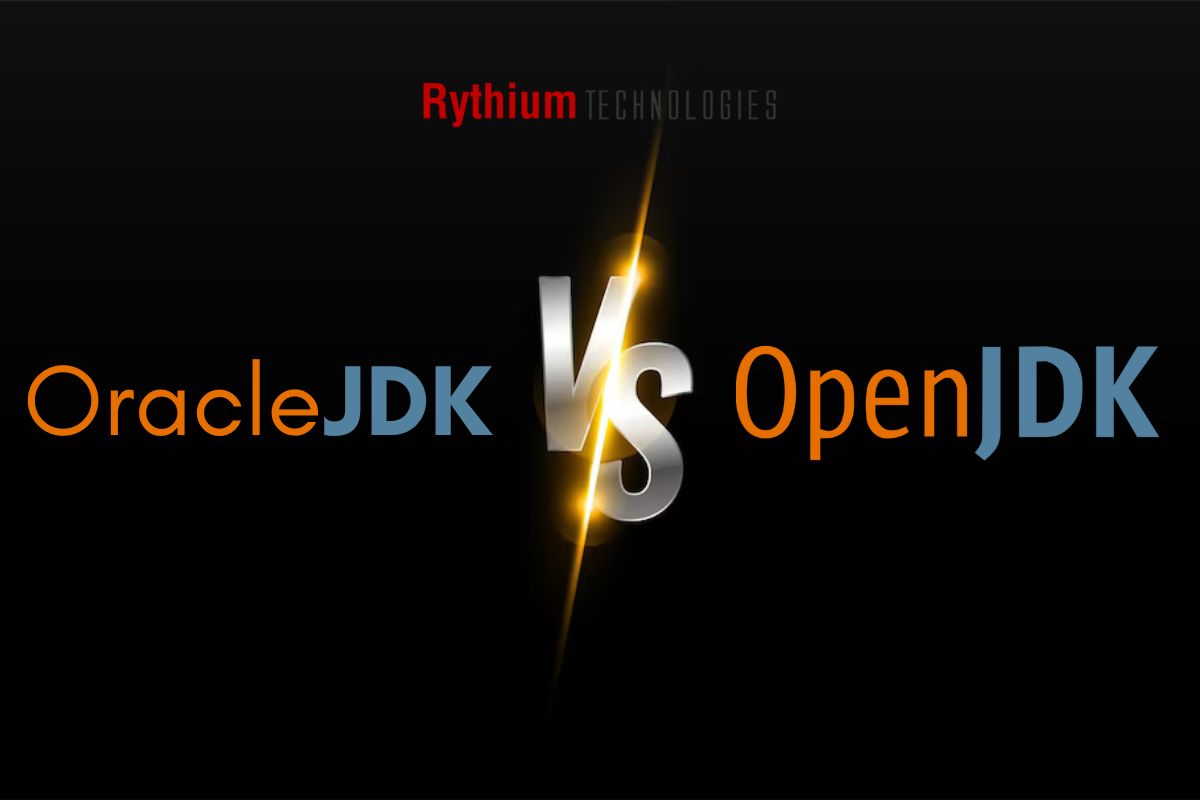Oracle JDK vs OpenJDK: What Changed and What It Means for You

Strong 8k brings an ultra-HD IPTV experience to your living room and your pocket.
Java continues to be a vital technology in enterprise software, powering everything from business applications to cloud-native systems. Over the past few years, the licensing landscape of Java—particularly between Oracle JDK and OpenJDK—has changed significantly. For businesses, understanding these differences is more than just technical; it’s strategic.
In this post, we’ll break down Oracle JDK vs OpenJDK, what has changed recently, and how these changes could impact your organization in 2025 and beyond.
What Is Oracle JDK?
Oracle JDK is Oracle Corporation’s commercially supported version of Java. While it is based on the OpenJDK project, Oracle JDK includes additional performance, monitoring, and management tools not present in the open-source variant. As of recent licensing changes, Oracle JDK is no longer free for commercial use. Organizations must now purchase a subscription to use it legally in production.
What Is OpenJDK?
OpenJDK is the official open-source reference implementation of Java. It is maintained by a vibrant community, including major contributors such as Oracle, Red Hat, IBM, Microsoft, SAP, and many independent developers.
It is licensed under the GPL v2 with the Classpath Exception, making it free to use, modify, and distribute—even in commercial applications—without requiring license fees.
Oracle JDK Is Oracle’s Version of OpenJDK
This is a critical point often misunderstood. Oracle JDK is not a completely separate implementation. It is built on the OpenJDK source code, which means the core functionality between the two is largely the same—especially since Java 11, where Oracle aligned their JDK more closely with the open-source release.
However, Oracle JDK often includes additional tools and capabilities such as:
- Java Flight Recorder (JFR)
- Java Mission Control (JMC)
- Performance enhancements
- Enterprise-level support options
- Release Cadence and Timing
Contrary to what some assume, OpenJDK gets its builds and updates first. Oracle uses the OpenJDK project as the foundation and then applies their own testing, patches, and enhancements before releasing Oracle JDK.
For example, when Java 21 was released, OpenJDK builds were available immediately from multiple vendors, while Oracle’s JDK came with commercial licensing implications.
Support Differences
Oracle JDK is supported by Oracle as part of its commercial Java SE subscription. Subscribers get access to long-term support (LTS), critical bug fixes, and security patches for an extended period.
In contrast, OpenJDK is supported by the community or by third-party vendors like Red Hat, Adoptium, Azul, Amazon Corretto, and Microsoft Build of OpenJDK. These vendors often provide free LTS builds and, in some cases, commercial support contracts.
Licensing Explained
Here’s a major difference that affects legal compliance:
Oracle JDK is governed by commercial licenses such as the Oracle Binary Code License Agreement (BCLA), Oracle Technology Network (OTN) for Java, and newer licensing models like the NFTC (Oracle No-Fee Terms and Conditions), introduced in recent years. These licenses often restrict redistribution and require paid subscriptions for commercial use.
OpenJDK is licensed under the GNU General Public License v2 with Classpath Exception, which allows both open-source and commercial use without cost. This license ensures that downstream developers can use the software without being forced to release their proprietary code under the GPL.
Performance and Stability
There used to be some performance differences between Oracle JDK and OpenJDK, especially before Java 11. Oracle’s version had optimizations not found in the open-source build. However, this gap has narrowed significantly in recent releases.
For most use cases, especially in Java 11 and later, the performance is nearly identical. However, Oracle JDK may still offer minor gains in stability and tooling, particularly for enterprise-grade workloads.
Why Does This Matter in 2025?
Here’s why your organization should care about these changes today:
1. Cost Implications
Oracle’s licensing changes now measure Java usage by the number of employees, not devices. This can exponentially increase costs for mid-sized and large organizations. OpenJDK offers a viable way to avoid these costs while remaining compliant.
2. Security and Support
If your business relies heavily on timely updates and strong security, Oracle JDK’s LTS and dedicated support may be worth the cost. On the other hand, OpenJDK builds from vendors like Adoptium or Amazon Corretto now also offer LTS and patch management.
3. Compliance Risks
Using Oracle JDK without a subscription in production can lead to audit risks and non-compliance penalties. Understanding your current usage and aligning with OpenJDK or securing a license from Oracle is essential.
Final Thoughts: Which Should You Choose?
There is no universal answer—your decision depends on your organization’s priorities:
| Criteria | Oracle JDK | OpenJDK |
| License Cost | Paid (subscription required) | Free (GPLv2 with Classpath Exception) |
| Support | Oracle commercial support | Community or third-party support |
| Performance Tools | Included | Not included |
| Updates | Oracle controlled | Community and vendors |
| Compliance Risk | High without a license | Low (with proper usage) |
If cost is a major factor and your IT team can handle Java independently, OpenJDK is an excellent option. If you need Oracle-grade support, updates, and enterprise tools, Oracle JDK may still be the better fit.
Need Help Deciding?
Rythium Technologies specializes in Oracle licensing consulting and Java compliance management. We help organizations like yours:
- Analyze Java usage
- Compare JDK options
- Reduce licensing costs
- Stay compliant during audits
Contact us today to make the smart choice for your Java environment.
Note: IndiBlogHub features both user-submitted and editorial content. We do not verify third-party contributions. Read our Disclaimer and Privacy Policyfor details.


